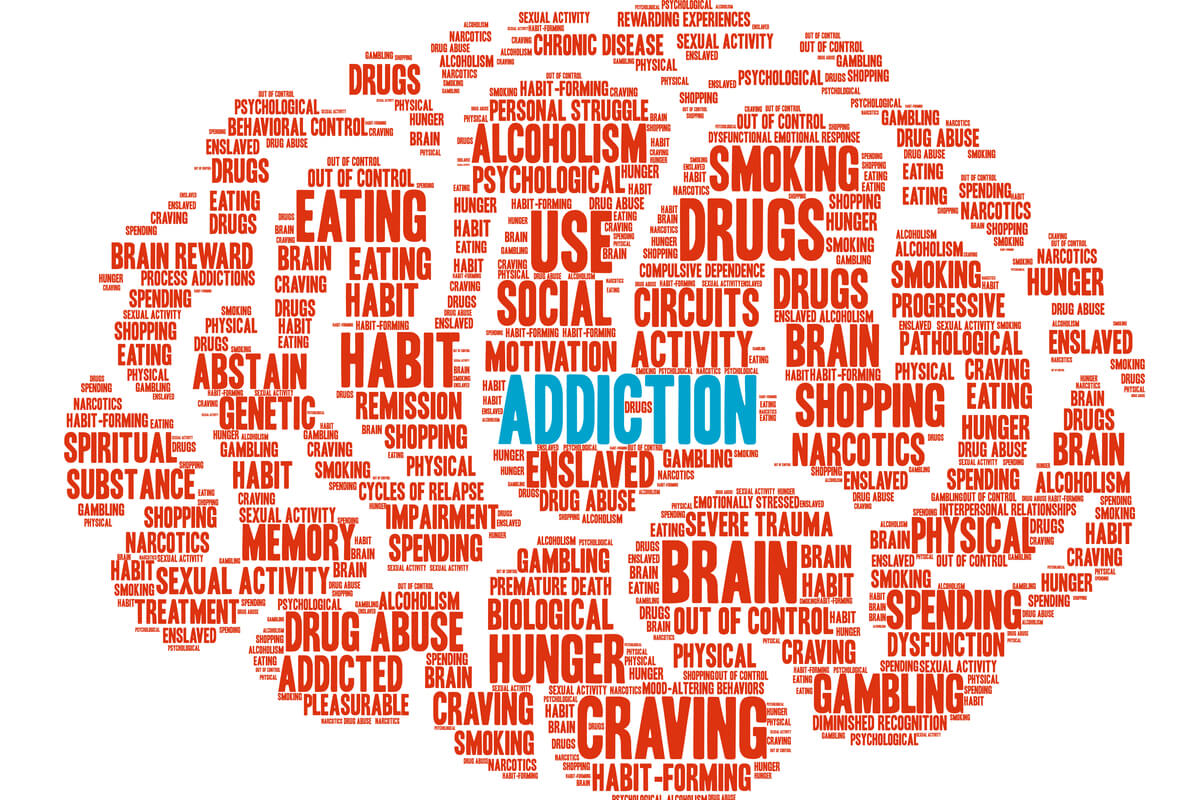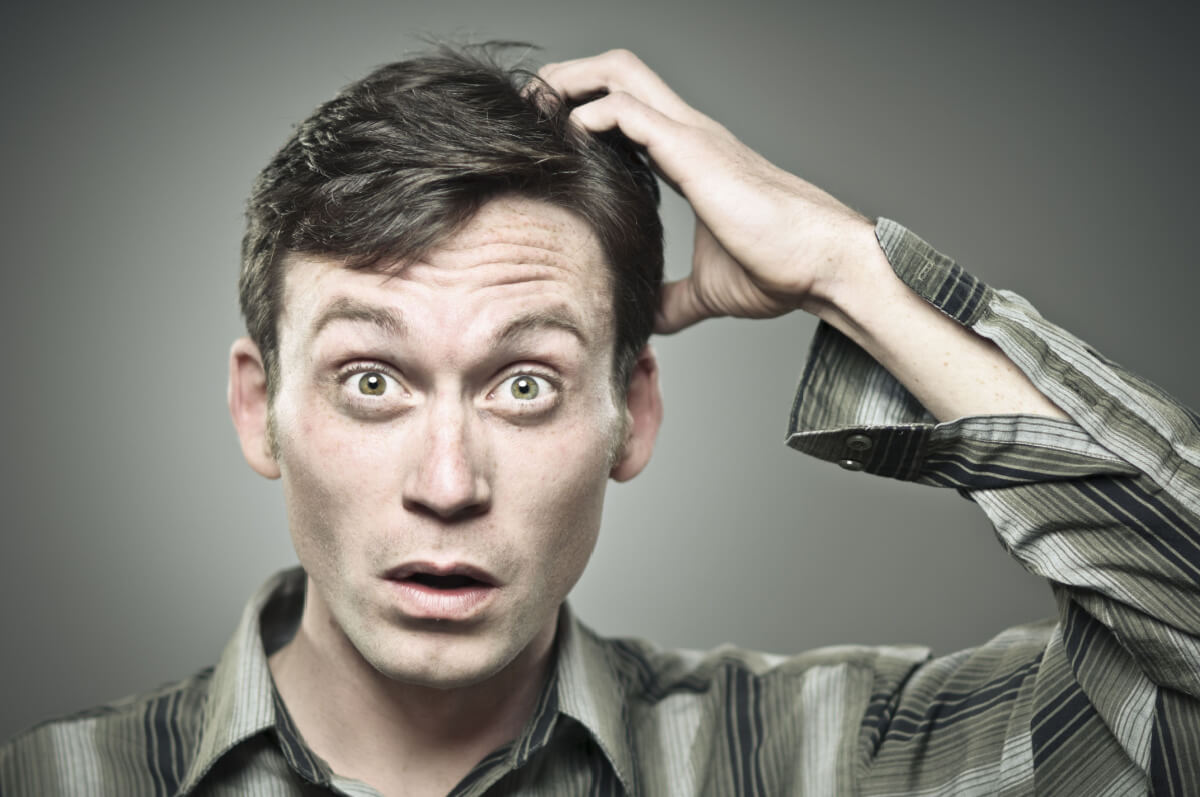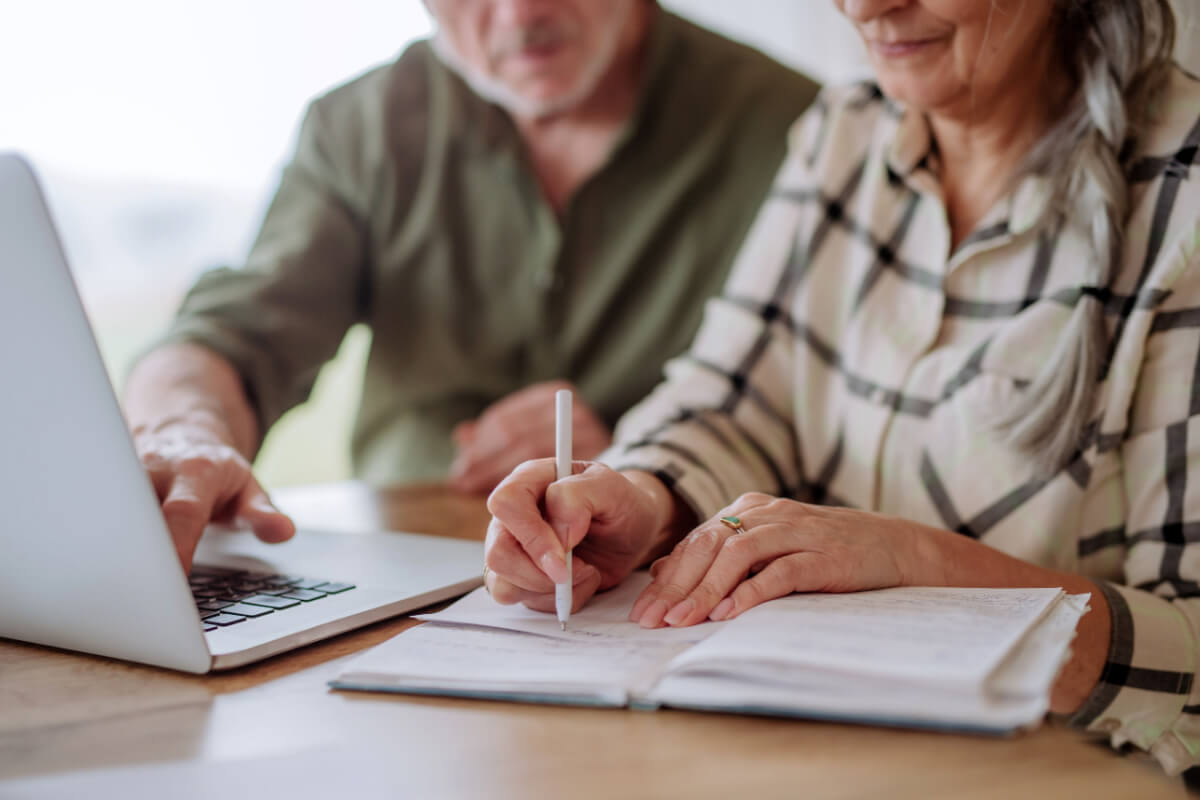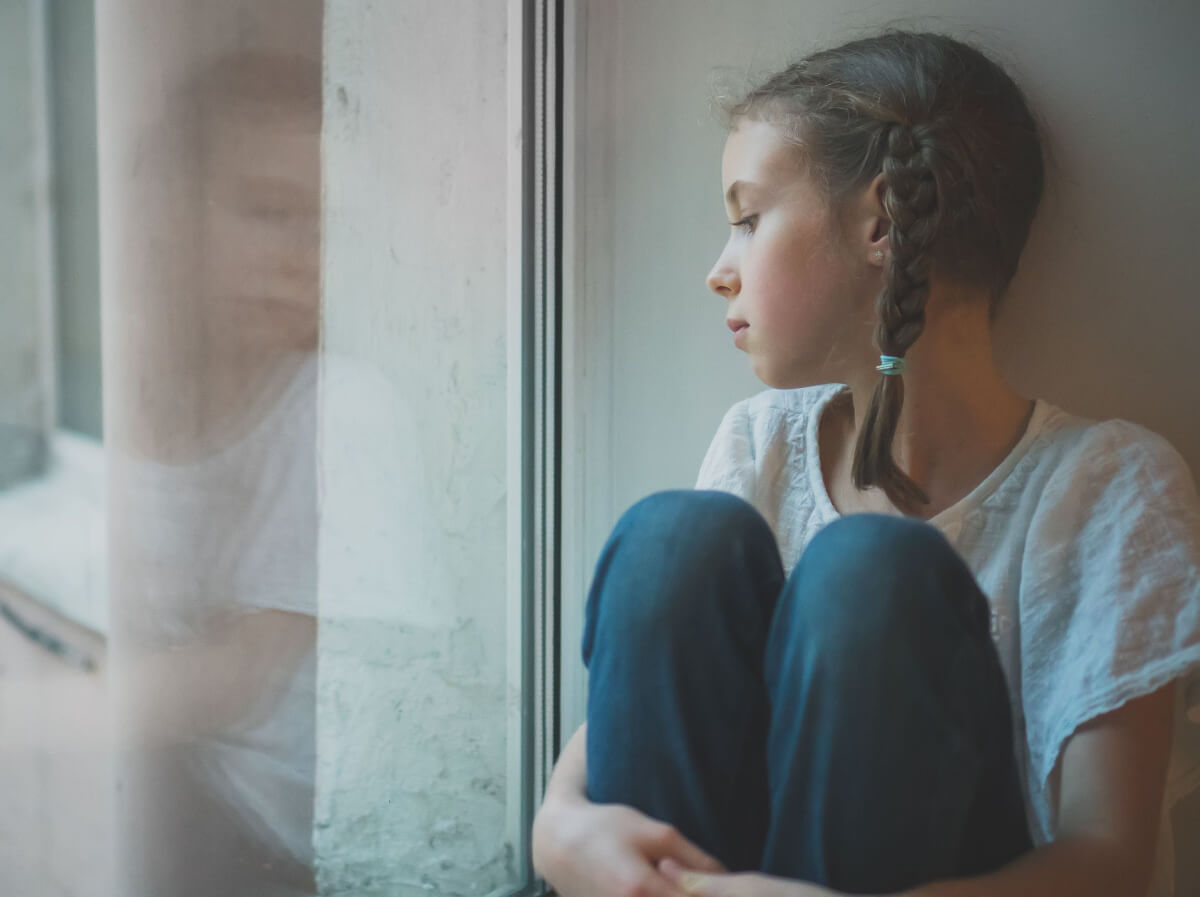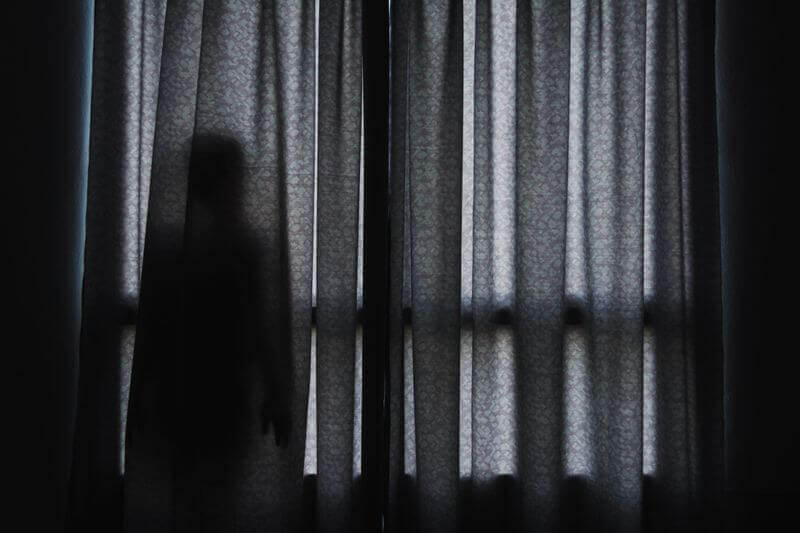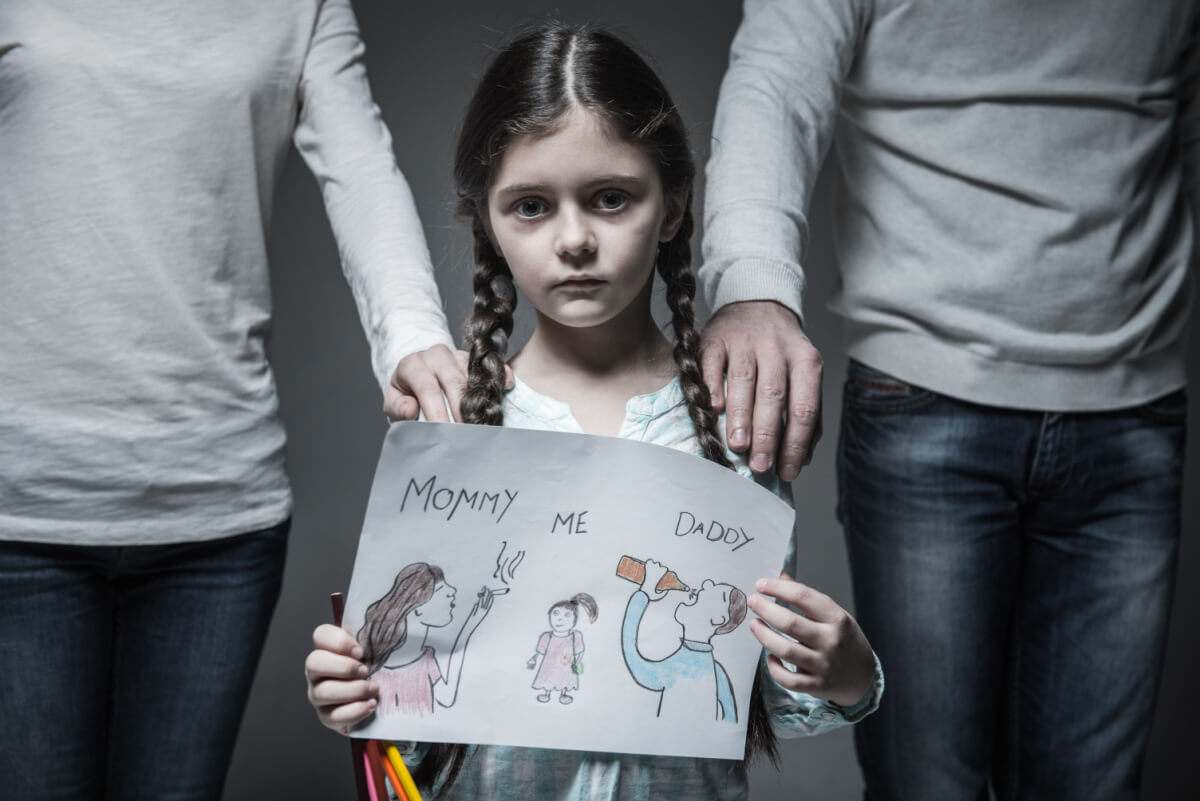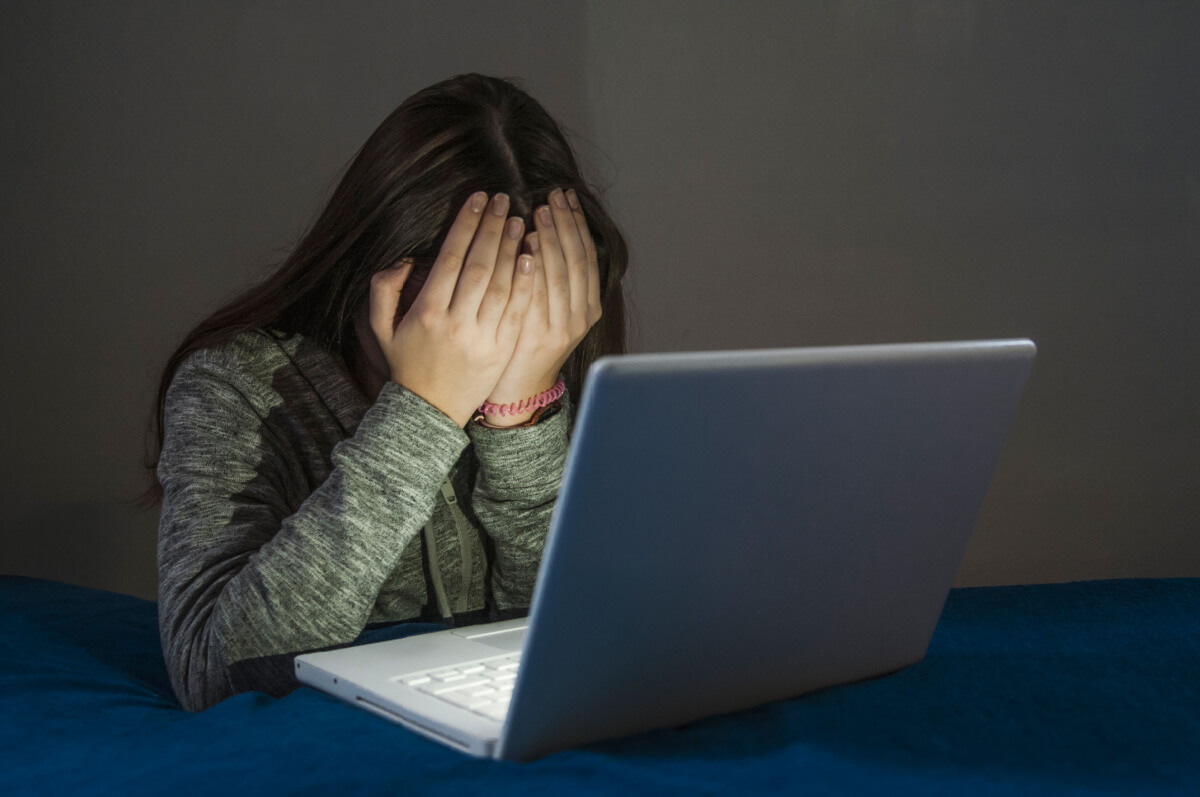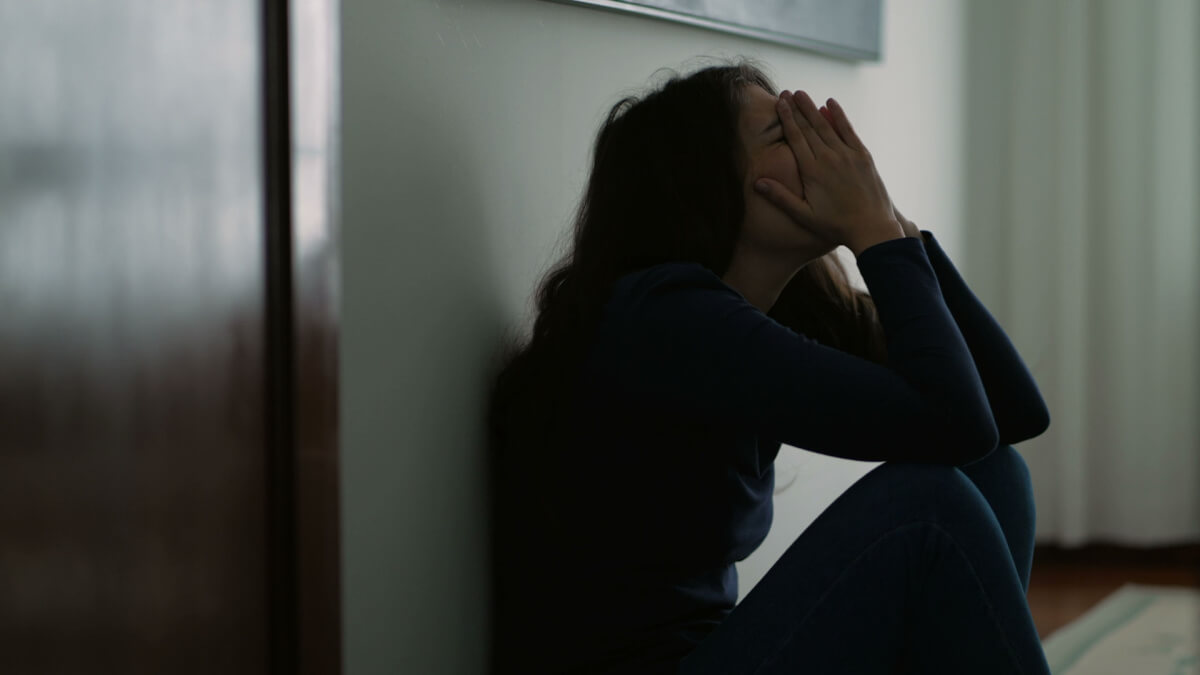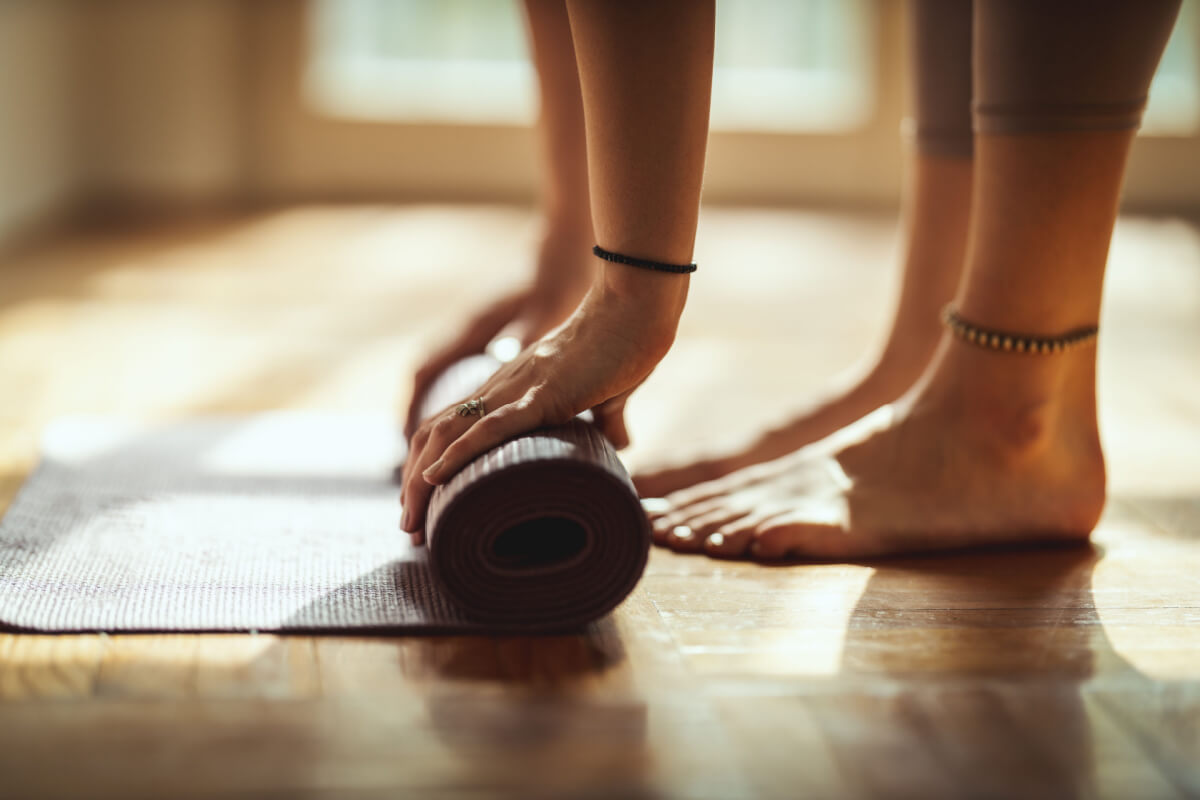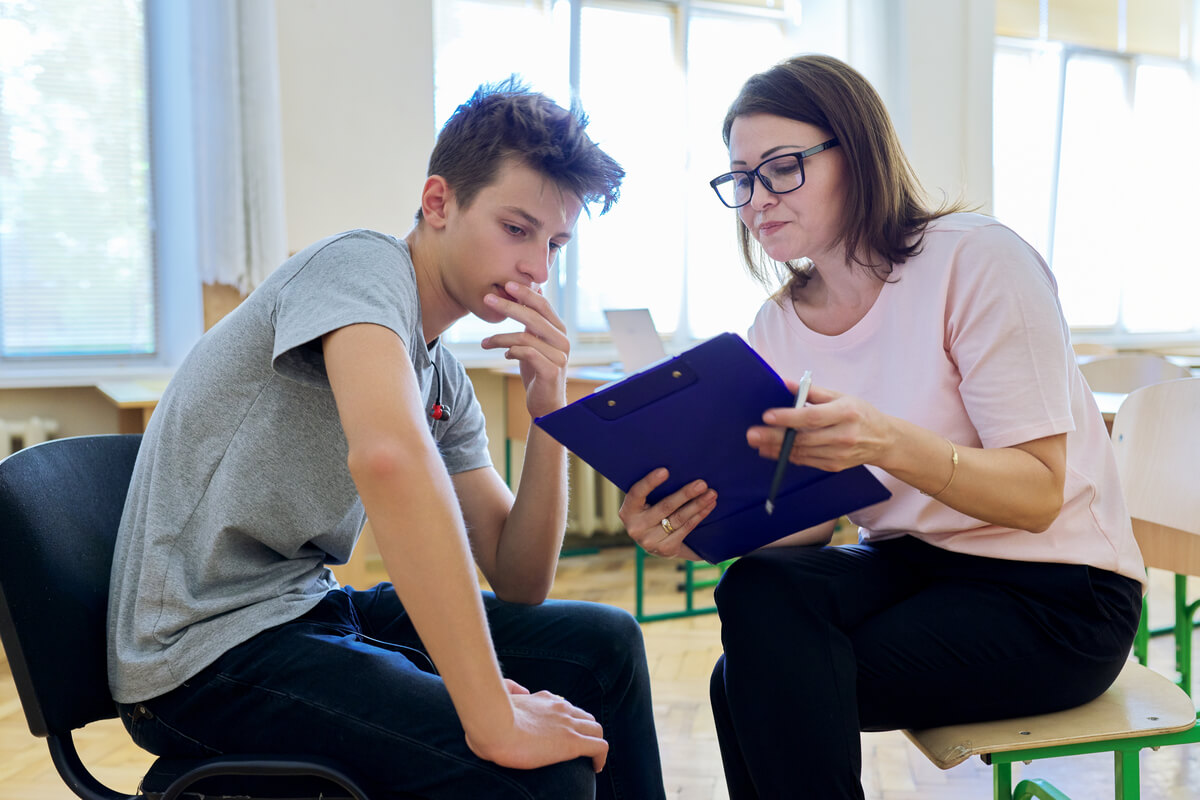
The more we learn about addiction medicine, the more we recognize a subcategory of behavioral addictions, as opposed to substance related addictions. These “behavioral addictions” can include sexual addiction, gambling addiction, and more recently the concept of “social media” addiction. Some people become addicted to using social media and may experience a variety of unwanted mental health symptoms as a result.
What Classifies as an Addiction to Social Media?
About 210 million people worldwide are believed to have a social media addiction out of a total of about 4.48 billion social media users. In the United States, the rate of social media addiction is believed by some experts to be about 10% of social media users.[1]
Social media has brought some wonderful benefits to society, but also has some downsides. The purpose of this article is not to demonize social media in its entirety, but rather to educate about some of the potential risks of social media use so that users can be more aware of their own healthy or unhealthy use patterns.
Broadly, a person may have a social media addiction if they regularly use social media despite it having negative consequences for them, especially if they are actively aware of those consequences and continue to use social media anyway.
Common concerns among social media users who exhibit problematic use include the following:[2]
- Depression
- severe Anxiety
- Body image issues
- Fear of missing out (FOMA)
- Suicidal thoughts
Key Statistics on Social Media Addiction
- Over 4.5 billion people in the world use social media.[3]
- By 2027, it’s estimated nearly 6 billion people will use social media actively.[3]
- Over 70% of Americans have at least one active social media account.[4]
- Some experts estimate as many as 10% of Americans on social media have some level of addiction to social media.[5]
- In 2022, the average person spent 151 minutes a day on social media.[6]
- In one study, results found that nearly 25% of adolescents were addicted to social media.[7]
- In one survey, more than 55% of drivers reported checking social media while driving.[8]
- About 35% of teenagers report their social media use as almost constant.[9]
- About 70% of teens have reported feeling left out or excluded over social media.[10]
- Increased social media use is correlated to poor sleep quality in adolescents.[11]
- More than 40% of young people actively feel bad if they make a social media post that receives no positive attention.[10]
- More than 80% of teens say they use social media every day.[12]
- Social media can greatly influence self-image views among adolescents and teens. Increased social media use leads to greater instances of cyberbullying, negative self-views, and self-harming behaviors.[13]
- Higher rates of social media use are linked to poorer academic performance, socioemotional functioning, and cognitive ability.[13]
- There is a dose-dependent relationship with social media, wherein its negative effects increase with more use [13]
- Teens who spend more than five hours on their phone on a daily basis are twice as likely to show depressive symptoms compared to those who spend one to two hours on their phone.[14]
- One study found that social media is arguably more addictive than cigarettes or alcohol. [15]
- Teens who spend more than three hours per day on social media are more likely to experience mental health problems. [16]
- Among college students, higher rates of social media use are linked to increased anxiety.[17]
What Are the Signs of Social Media Addiction?
Some signs that may signal a social media addiction include the following:[18]
- Spending an excessive amount of time on social media
- Using social media despite it regularly making you feel depressed or anxious
- Thinking and obsessing over social media when not using it
- Thinking constantly about the next opportunity to check social media
- Failing to meet important responsibilities, such as at work or school, due to social media use
- Being unable to reduce or stop your social media use even when it has started to have a negative impact on your life
- Extreme fear of missing out if you attempt to cut back on social media use
What Makes Social Media So Addicting?
The pathophysiology of social media addiction is similar to any addiction, although the complex chemical pathways involved are not totally understood.
When a person has an addiction to a substance, the brain releases a neurotransmitter called dopamine that creates pleasurable “rewarding” feelings. Research shows that dopamine is similarly released when we participate in any pleasing activity, including sex, gambling, and now social media use.
Fundamentally, humans are social animals. We find interacting with other humans rewarding, and we crave the attention of others. Social media taps into the psychological reward we get from these interactions.
Social media platforms are designed to take advantage of our natural desire to crave social interaction and its rewards.
Which Social Media Platforms Are Used the Most & Likely Leading to Addiction?
The biggest social media platforms of 2023 include Facebook, YouTube, WhatsApp, Instagram, twitter, WeChat, and TikTok. [20] It is not known which social media platforms are more “addicting”. It probably depends more on the individual and which applications they use most or find most enticing.
In 1 study of Instagram users between the ages of 14 and 17, participants reported increased including fear of missing out (FOMO), depression, anxiety, loneliness, sleep problems, body dysmorphia, and experiences being cyberbullied as a result of their instagram use. [21,22]
Time Spent on Social Media & Addiction
While we don’t know everything about how social media addiction works, we do know that the time spent on social media usage strongly correlates to addiction. [23] People who are addicted, especially teens, can spend vast amounts of time on social media every day, with some using social media on some level for more than a third of their day.[24] While spending large amounts of time on social media doesn’t necessarily mean someone is addicted, it is a warning sign.
Young Age and Social Media Addiction Risk
About 53% of children own a smartphone by the time they’re 11, and one in five children have a smartphone by age 8.[25] Social media addiction can begin early in life. The earlier kids have access to these platforms, the more likely they are to develop unhealthy use behaviors. Rates of social media addiction are worse among teens and young adults compared to other groups. Parents should think actively about their children’s use of these platforms and set rules about when they permit their children to start using these platforms, for how long, and which platforms are permissible.
How Has Remote Work & COVID Impacted Social Media Addiction?
It isn’t fully clear how remote work, which spiked during the COVID-19 pandemic, may have impacted social media addiction. However, it is known that substance misuse got worse during the pandemic. It is not unreasonable to suspect that social media addiction may also have seen a rise in rates during that same time, particularly as people were forced to substitute virtual interaction for in person interactions as a result of the pandemic. [26]
What Are the Consequences & Risks of Social Media Addiction?
Paradoxically, spending excessive time on social media can lead to social isolation. Virtual connections reduce face-to-face interactions and limit the development of meaningful relationships, which are crucial for overall mental well-being.
Additionally, the constant pressure to present an idealized self-image, accumulate likes and followers, and stay up-to-date with trends can contribute to anxiety and stress. The fear of negative feedback, judgment, or social rejection can be overwhelming.
Social media platforms bombard users with a constant stream of information, including news, opinions, and updates from friends and acquaintances. This information overload can be overwhelming and contribute to feelings of stress and anxiety.
Tips to Reduce Your Social Media Use
Monitoring the amount of time you spend on online activities can significantly reduce your risk of social media addiction. One thing individuals (and parents of those individuals) can do to prevent addictive behaviors related to social media is to set time limits for its use. There are even some apps that exist to track social media time that provide alarms or even lock the user out of social media for the day once the limit is reached.
Paying close attention to how social media makes you feel can help to lessen its ability to impact your mental health. Noticing if you actually feel more anxious or depressed after scrolling can help you to identify if your use is problematic and motivate you to change the way you are using social media.
One can also limit individuals or accounts that they follow that are triggering or anxiety provoking.
Getting Help for Social Media Addiction
The best way to treat a social media addiction is still being researched. There is evidence that cognitive behavioral therapy (CBT) can help to reduce problematic social media use.[28]
CBT, which is a first-line treatment option for other types of addiction, involves working with a professional to understand your own patterns of thinking and what may drive you to engage in unhealthy behaviors, including social media use. Then, you build skills to adjust your way of thinking and ultimately change those unhealthy behaviors.
As with any form of addiction, there isn’t a single way to effectively treat social media addiction. The key will be to work with an addiction treatment team that can come up with a plan that works for you.

Medically Reviewed By Elena Hill, MD, MPH
Elena Hill, MD; MPH received her MD and Masters of Public Health degrees at Tufts Medical School and completed her family medicine residency at Boston Medical Center. She is currently an attending physician at Bronxcare Health Systems in the Bronx, NY where ... Read More
- Longstreet P, Brooks Stoney. Life satisfaction: A key to managing Internet & social media addiction. Technology in Society. Published May 28, 2017. Accessed August 13, 2023. https://www.sciencedirect.com/science/article/abs/pii/S0160791X16301634
- Karim F, Oyewande AA, Abdalla LF, Chaudhry Ehsanullah R, Khan S. Social media use and its connection to mental health: A systematic review. Cureus. 2020;12(6):e8627. Published 2020 Jun 15. doi:10.7759/cureus.8627
- Dixon S. Number of social media users worldwide from 2017 to 2027. Statista. Published 2023. Accessed August 14, 2023. https://www.statista.com/statistics/278414/number-of-worldwide-social-network-users/
- Does social media create isolation? Regis College. Published May 3, 2023. Accessed August 14, 2023. https://online.regiscollege.edu/blog/does-social-media-create-isolation/
- The growing case for social media addiction. The California State University. Published June 28, 2018. Accessed August 14, 2023. https://www.calstate.edu/csu-system/news/Pages/Social-Media-Addiction.aspx
- Dixon S. Daily time spent on social networking by internet users worldwide from 2012 to 2023. Statista. Published 2023. Accessed August 14, 2023. https://www.statista.com/statistics/433871/daily-social-media-usage-worldwide/
- Caner N, Efe YS, Başdaş Ö. The contribution of social media addiction to adolescent LIFE: Social appearance anxiety. Curr Psychol. 2022;41(12):8424-8433. doi:10.1007/s12144-022-03280-y
- Study: Drivers’ behind-the-wheel confessions reveal dangerous habits. DriversEd.com. Published September 2019. Accessed August 18, 2023. https://driversed.com/trending/drivers-admit-to-distracted-driving/
- Study shows habitual checking of social media may impact young adolescents’ brain development. The University of North Carolina at Chapel Hill. Published January 3, 2023. Accessed August 18, 2023. https://www.unc.edu/posts/2023/01/03/study-shows-habitual-checking-of-social-media-may-impact-young-adolescents-brain-development/
- Dixon S. Negative social media effects according to teenagers in the United States as of April 2018, by emotional well-being. Statista. Published August 2023. Accessed August 14, 2023. https://www.statista.com/statistics/278414/number-of-worldwide-social-network-users/
- Pirdehghan A, Khezmeh E, Panahi S. Social Media Use and Sleep Disturbance among Adolescents: A Cross-Sectional Study. Iran J Psychiatry. 2021;16(2):137-145. doi:10.18502/ijps.v16i2.5814
- Teens today spend more time on digital media, less time reading. American Psychological Association. Published August 20, 2018. Accessed August 16, 2023. https://www.apa.org/news/press/releases/2018/08/teenagers-read-book
- Abi-Jaoude E, Naylor KT, Pignatiello A. Smartphones, social media use and youth mental health. CMAJ. 2020;192(6):E136-E141. doi:10.1503/cmaj.190434
- The scientific debate over teens, screens and mental health. NPR. Published August 27, 2019. Accessed August 17, 2023. https://www.npr.org/2019/08/27/754362629/the-scientific-debate-over-teens-screens-and-mental-health
- Social media more addictive than cigarettes, alcohol. The Economic Times. Published. February 6, 2012. Accessed August 14, 2023. https://economictimes.indiatimes.com/tech/internet/social-media-more-addictive-than-cigarettes-alcohol-study/articleshow/11779580.cms
- Riehm KE, Feder KA, Tormohlen KN, et al. Associations between time spent using social media and internalizing and externalizing problems among US youth. JAMA Psychiatry. 2019;76(12):1266-1273. doi:10.1001/jamapsychiatry.2019.2325
- Lai F, Wang L, Zhang J, Shan S, Chen J, Tian L. Relationship between social media use and social anxiety in college students: Mediation effect of communication capacity. Int J Environ Res Public Health. 2023;20(4):3657. Published 2023 Feb 18. doi:10.3390/ijerph20043657
- Kuss DJ, Griffiths MD. Social networking sites and addiction: Ten lessons learned. Int J Environ Res Public Health. 2017;14(3):311. Published 2017 Mar 17. doi:10.3390/ijerph14030311
- Dixon S. Number of social network users in selected countries in 2022 and 2027. Statista. Published 2023. Accessed August 14, 2023. https://www.statista.com/statistics/278341/number-of-social-network-users-in-selected-countries/
- Dixon S. Most popular social networks worldwide as of January 2023, ranked by number of monthly active users. Statista. Published 2023. Accessed August 14, 2023. https://www.statista.com/statistics/272014/global-social-networks-ranked-by-number-of-users/
- Why Instagram is the worst social site for mental health. TIME. Published May 25, 2017. Accessed August 16, 2023. https://time.com/4793331/instagram-social-media-mental-health/
- Gupta M, Sharma A. Fear of missing out: A brief overview of origin, theoretical underpinnings and relationship with mental health. World J Clin Cases. 2021;9(19):4881-4889. doi:10.12998/wjcc.v9.i19.4881
- Liu M, Kamper-DeMarco KE, Zhang J, Xiao J, Dong D, Xue P. Time spent on social media and risk of depression in adolescents: A dose-response meta-analysis. Int J Environ Res Public Health. 2022;19(9):5164. Published 2022 Apr 24. doi:10.3390/ijerph19095164
- The Common Sense Census: Media use by tweens and teens, 2021. Common Sense Media. Published March 2022. Accessed August 16, 2023. https://www.commonsensemedia.org/research/the-common-sense-census-media-use-by-tweens-and-teens-2021
- It’s a smartphone life: More than half of U.S. children now have one. NPR. Published October 31, 2019. Accessed August 16, 2023. https://www.npr.org/2019/10/31/774838891/its-a-smartphone-life-more-than-half-of-u-s-children-now-have-one
- Chacon NC, Walia N, Allen A, et al. Substance use during COVID-19 pandemic: impact on the underserved communities. Discoveries (Craiova). 2021;9(4):e141. Published 2021 Dec 31. doi:10.15190/d.2021.20
- Satici SA, Gocet Tekin E, Deniz ME, Satici B. Doomscrolling scale: Its association with personality traits, psychological distress, social media use, and wellbeing. Appl Res Qual Life. 2023;18(2):833-847. doi:10.1007/s11482-022-10110-7
- Zhou X, Rau PP, Yang CL, Zhou X. Cognitive behavioral therapy-based short-term abstinence intervention for problematic social media use: Improved well-being and underlying Mechanisms. The Psychiatric Quarterly. 2021 Jun;92(2):761-779. https://pubmed.ncbi.nlm.nih.gov/32989636/
Download Our Free Program Guide
Learn about our program, its effectiveness and what to expect
Related articles
Imagine what’s possible on the other side of opioid use disorder.
Our science-backed approach boasts 95% of patients reporting no withdrawal symptoms at 7 days. We can help you achieve easier days and a happier future.
